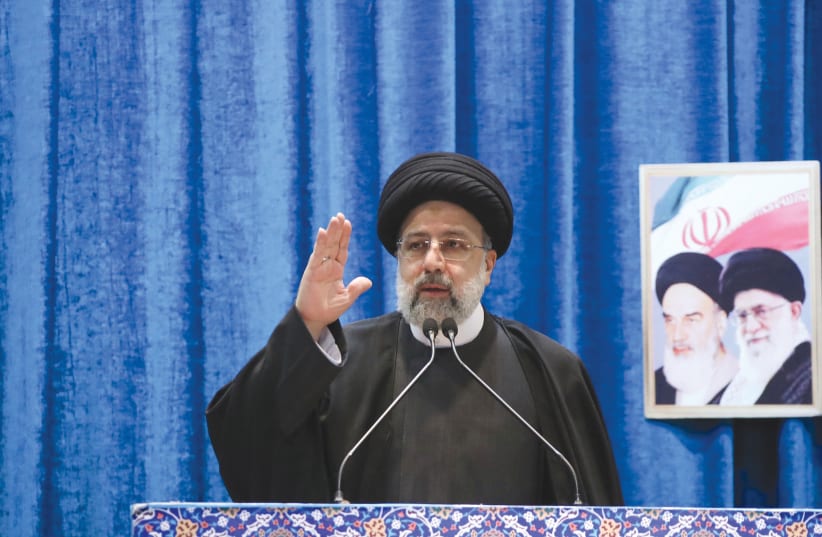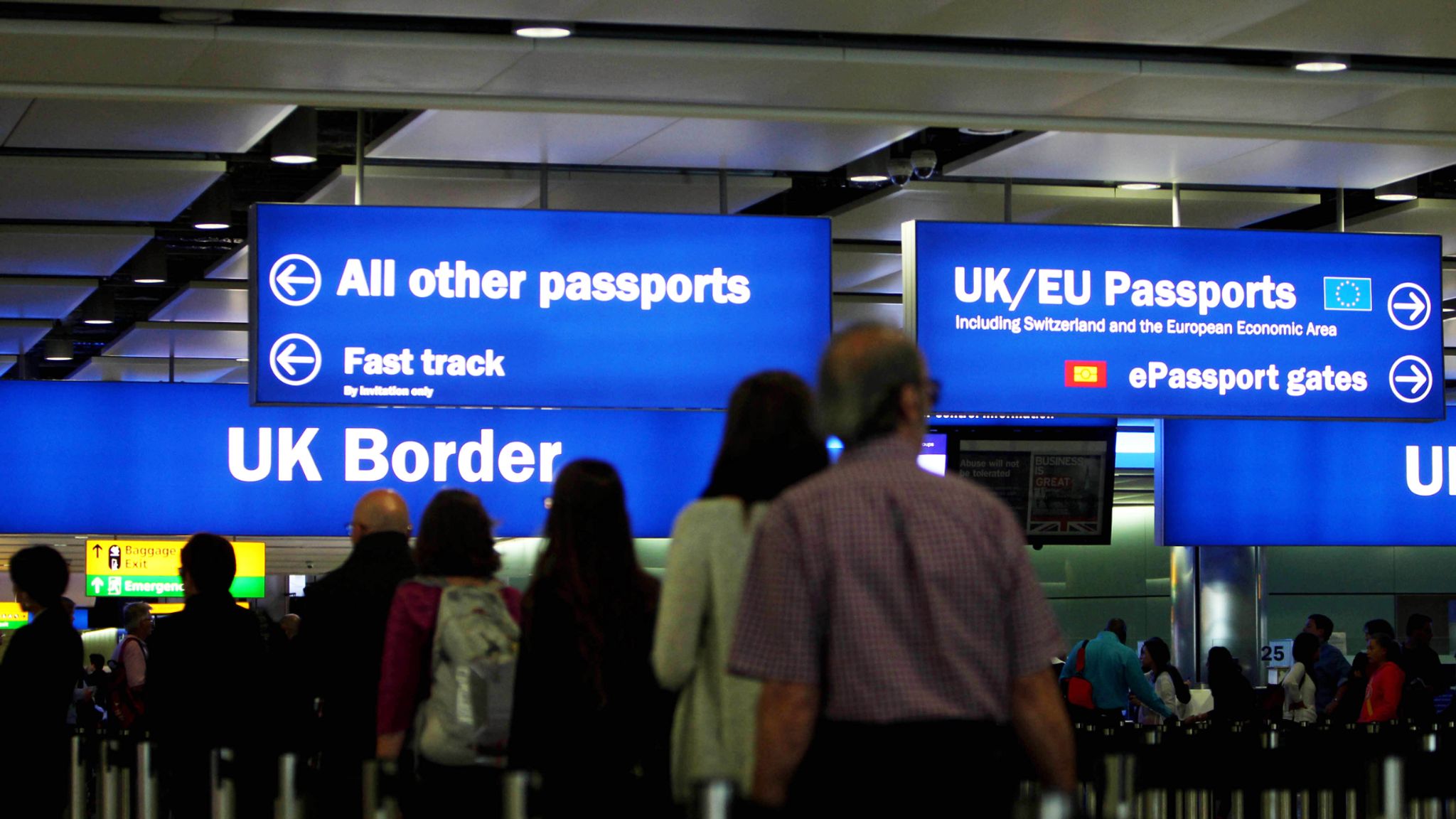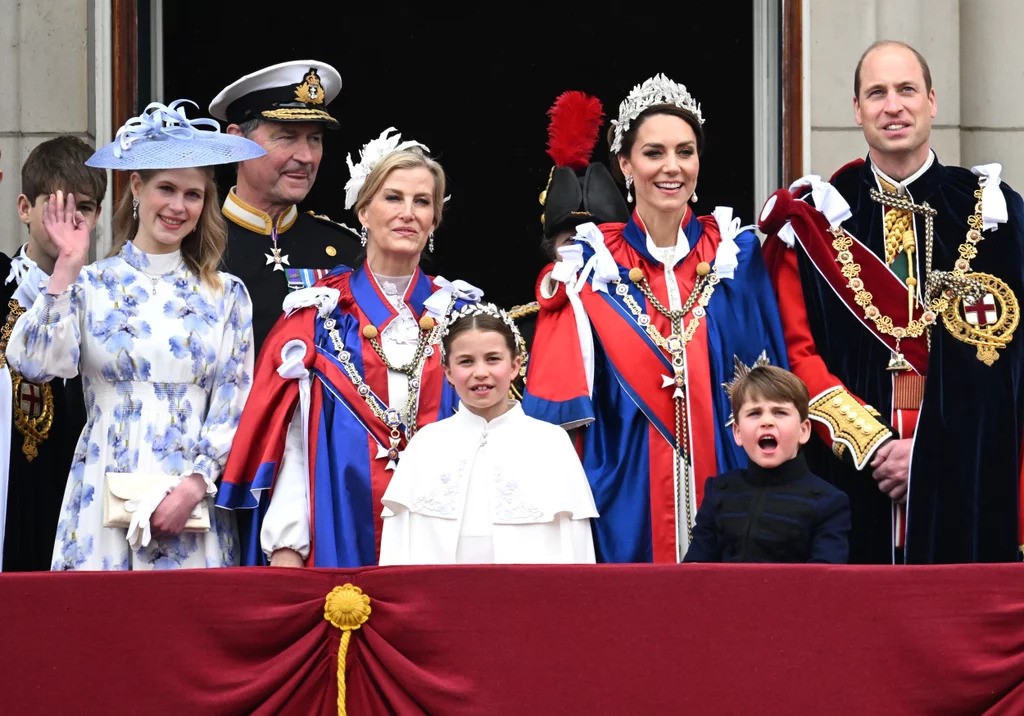The Gambia’s parliament has extended President Yahya Jammeh’s term, which is due to end on Thursday following his defeat in elections, by 90 days.

It also approved his decision to declare a 90-day state of emergency in the tiny West African state.
Regional leaders have threatened to use military force to oust Mr Jammeh if he refuses to hand power to President-elect Adama Barrow on Thursday.
Thousands of UK and Dutch tourists are being evacuated from The Gambia.
The country is popular with European holidaymakers because of its beaches. The Gambia was plunged into crisis after Mr Jammeh rejected Mr Barrow’s shock victory in the 1 December election.
In a televised announcement on Tuesday, Mr Jammeh said “any acts of disobedience to the laws of The Gambia, incitement of violence and acts intended to disturb public order and peace” were banned under the state of emergency.
He said security forces were instructed to “maintain absolute peace, law and order”.
What has been the international reaction?
The US State Department urged Mr Jammeh to transfer power to Mr Barrow on Thursday.
“Doing so would allow him to leave office with his head held high and to protect The Gambian people from potential chaos,” spokesman John Kirby said.
“Failure to do so will put his legacy, and more importantly The Gambia, in peril,” he added.
Regional bloc Ecowas, the Economic Community of West African States, has prepared a Senegal-led force to oust Mr Jammeh if he refuses to step down.
A military source told the BBC that a Nigerian warship was sailing towards The Gambia as a show of force ahead of possible military intervention.
Nigeria’s air force was contributing 200 “supporting” troops for the regional force, navy spokesman Capt Dahun Jahun told the Associated Press news agency.
Ghana was also contributing to the force, it reported.
Ecowas is acting with the backing of the African Union, which has said it will not recognise Mr Jammeh as president after Thursday.
Where is Adama Barrow?
Mr Barrow, a property developer, has been in Senegal since Saturday. His aides said he would return to The Gambia for his inauguration.
In his only comment since the state of emergency was declared, he tweeted: “We made history on the first day of December. Our future starts tomorrow.”
Last month, he said he would be sworn in at a ceremony organised by his transition team, raising the possibility of two rival presidents.
Mr Jammeh’s declaration of a state of emergency was seen as an attempt to block the ceremony, scheduled to take place at a stadium in Bakau town, west of the capital Banjul, from going ahead.
Mr Barrow could, technically, also be sworn in at The Gambian embassy in Senegal, however there are currently no visible preparations underway there.
Could there be violence?
Thousands of Gambians, including women and children, have been fleeing to Senegal and further afield, fearing unrest.
Travel firm Thomas Cook said it would fly back to the UK, over the next 48 hours, 985 customers from package holidays after the Foreign Office advised “against all but essential travel to The Gambia due to ongoing political uncertainty and potential military intervention following the presidential elections”.
About 1,600 Dutch citizens are also being flown home after similar advice from their government.
Tourism has become the fastest-growing sector of The Gambia’s economy, and the country, which has a population of about two million, was marketed to holidaymakers as “the smiling coast of West Africa”.
But many of its citizens are poor and complain of political repression. Some, including the goalkeeper of the national women’s football team, have drowned in the Mediterranean trying to reach Europe in the hope of a better life.
Why is Mr Jammeh refusing to leave office?
He has ruled The Gambia since taking power in a bloodless coup in 1994.
The Gambia regularly held elections, which he won until his shock defeat in the latest poll.
Mr Jammeh has said there were irregularities in the election process, including the turning away of some of his supporters from polling stations, and errors made by the electoral commission.
The commission accepted that some of the results it initially published contained errors, but said Mr Barrow had still won.
Mr Jammeh has said he will stay in office until new elections are held.
Retaining power would also ensure he was not prosecuted in The Gambia for alleged abuses committed during his rule. BBC News






